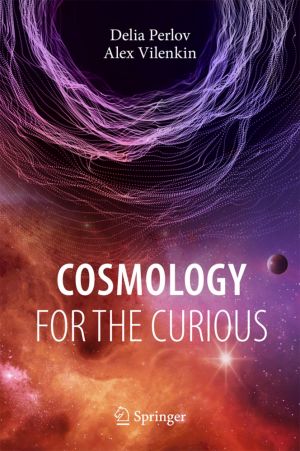
This book is an introductory text for all those wishing to learn about modern views of the cosmos. Our universe originated in a great explosion – the big bang. For nearly a century cosmologists have studied the aftermath of this explosion: how the universe expanded and cooled down, and how galaxies were gradually assembled by gravity. The nature ...
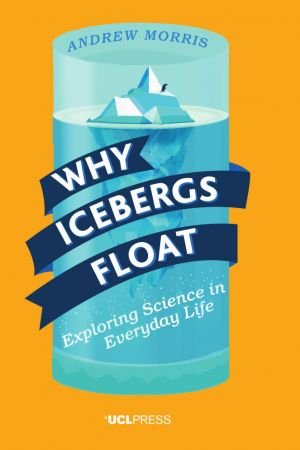
From paintings and food to illness and icebergs, science is happening everywhere. Rather than follow the path of a syllabus or textbook, Andrew Morris takes examples from the science we see every day and uses them as entry points to explain a number of fundamental scientific concepts - from understanding colour to the nature of hormones - in ways t...
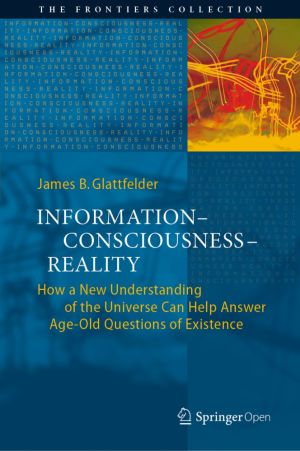
This book chronicles the rise of a new scientific paradigm offering novel insights into the age-old enigmas of existence. Over 300 years ago, the human mind discovered the machine code of reality: mathematics. By utilizing abstract thought systems, humans began to decode the workings of the cosmos. From this understanding, the current scientific pa...

This book presents the deterministic view of quantum mechanics developed by Nobel Laureate Gerard 't Hooft.Dissatisfied with the uncomfortable gaps in the way conventional quantum mechanics meshes with the classical world, 't Hooft has revived the old hidden variable ideas, but now in a much more systematic way than usual. In this, quantu...
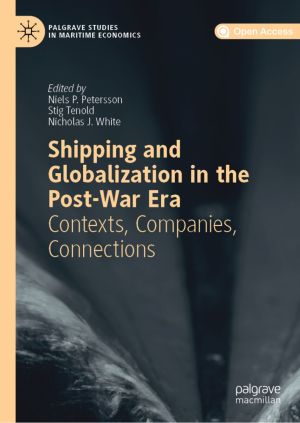
This free book belongs to the Maritime Business and Economic History strand of the Palgrave Studies in Maritime Economics book series.This volume highlights the contribution of the shipping industry to the transformations in business and society of the postwar era. Shipping was both an example and an engine of globalization and structural change. I...
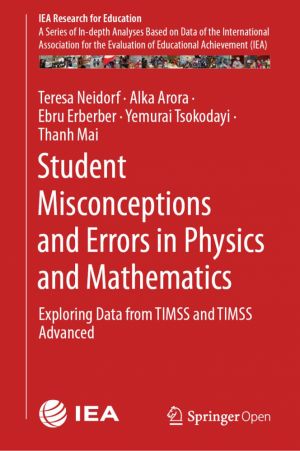
This open access report explores the nature and extent of students' misconceptions and misunderstandings related to core concepts in physics and mathematics and physics across grades four, eight and 12. Twenty years of data from the IEA's Trends in International Mathematics and Science Study (TIMSS) and TIMSS Advanced assessments are anal...
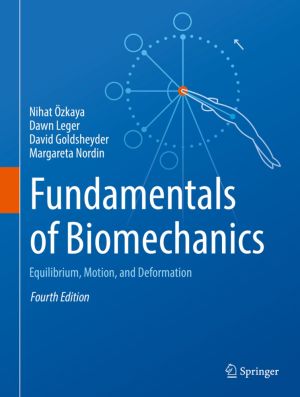
This book integrates the classic fields of mechanics - statics, dynamics, and strength of materials - using examples from biology and medicine. The book is excellent for teaching either undergraduates in biomedical engineering programs or health care professionals studying biomechanics at the graduate level. Extensively revised from a successful th...
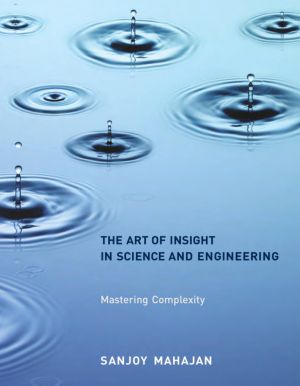
This book shows us that the way to master complexity is through insight rather than precision. Precision can overwhelm us with information, whereas insight connects seemingly disparate pieces of information into a simple picture. Unlike computers, humans depend on insight. Based on the author's fifteen years of teaching at MIT, Cambridge Unive...
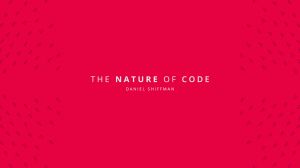
How can we capture the unpredictable evolutionary and emergent properties of nature in software? How can understanding the mathematical principles behind our physical world help us to create digital worlds? This book focuses on a range of programming strategies and techniques behind computer simulations of natural systems, from elementary concepts ...
